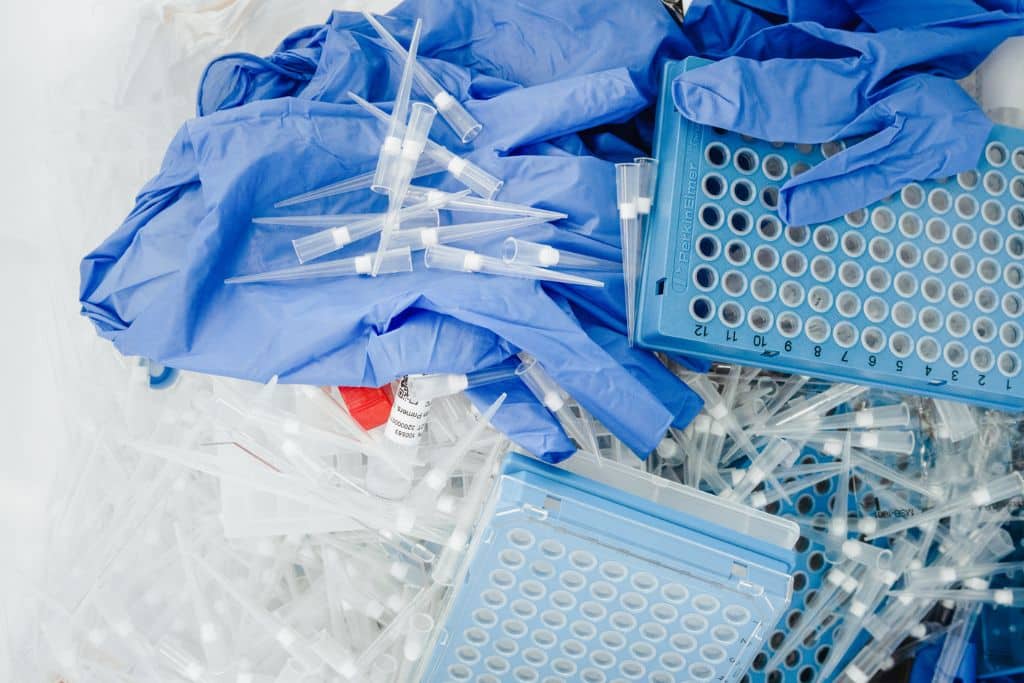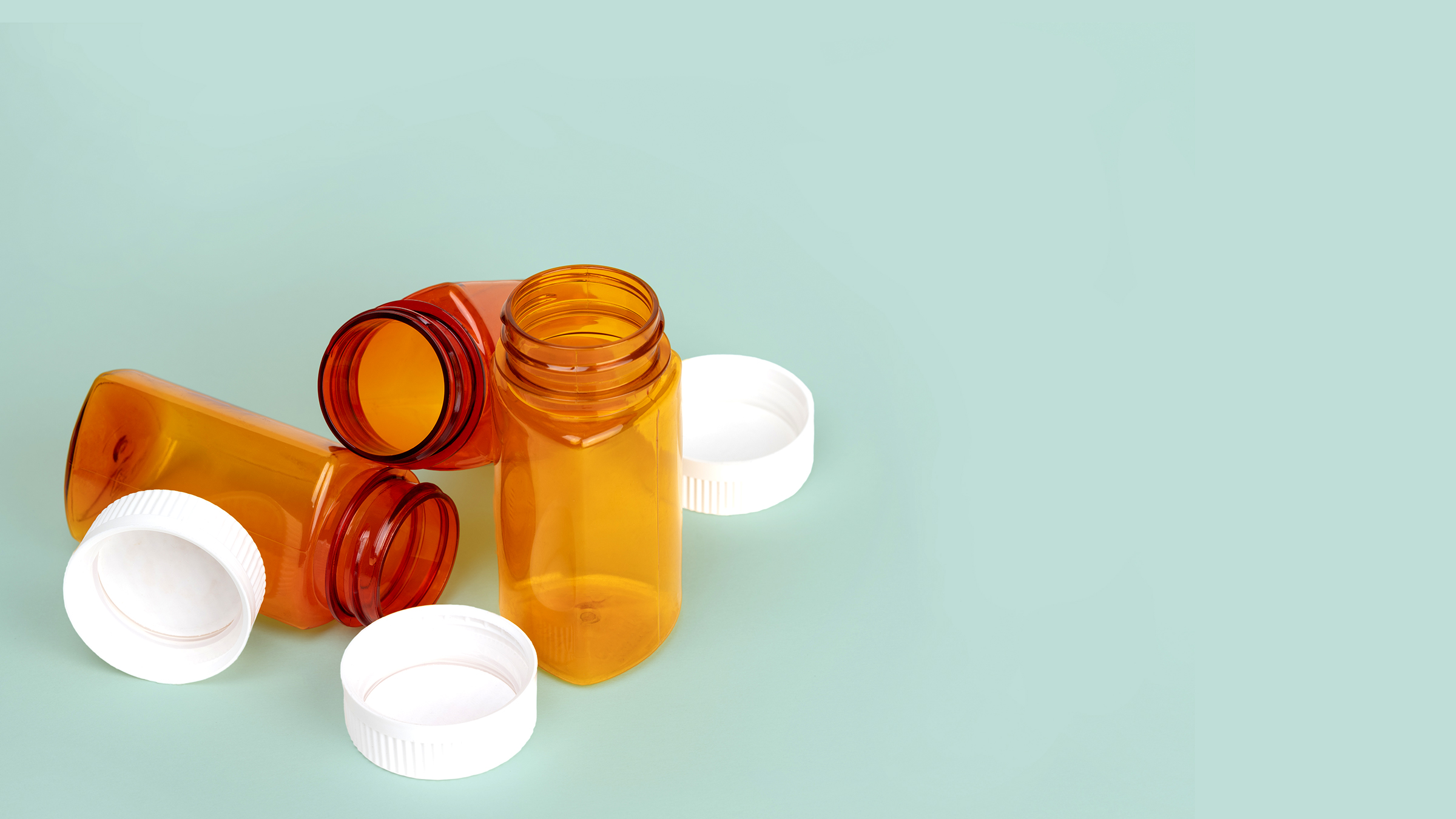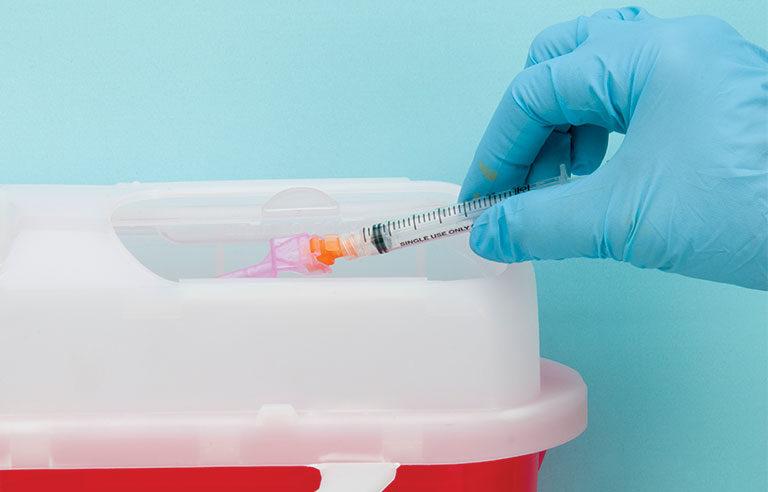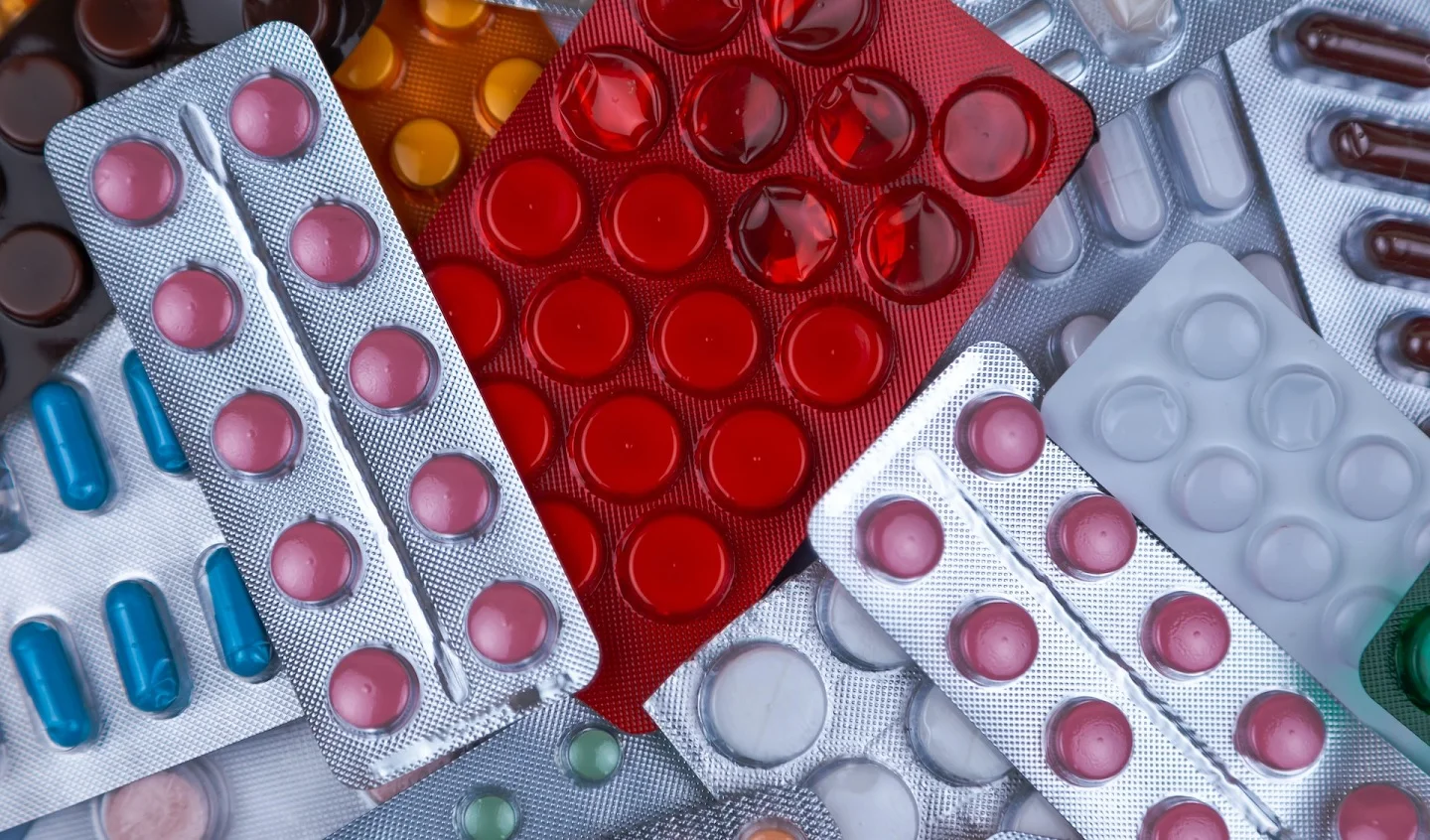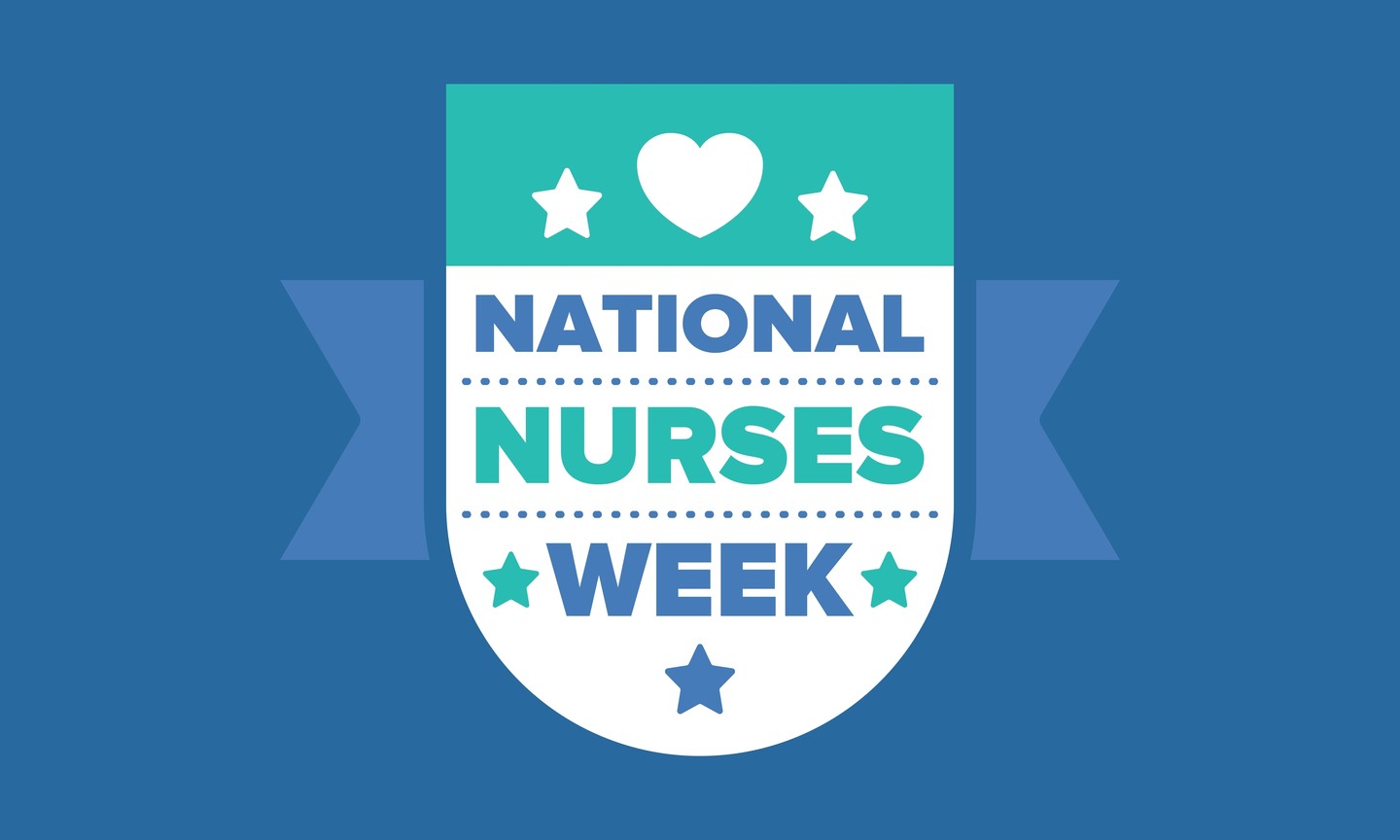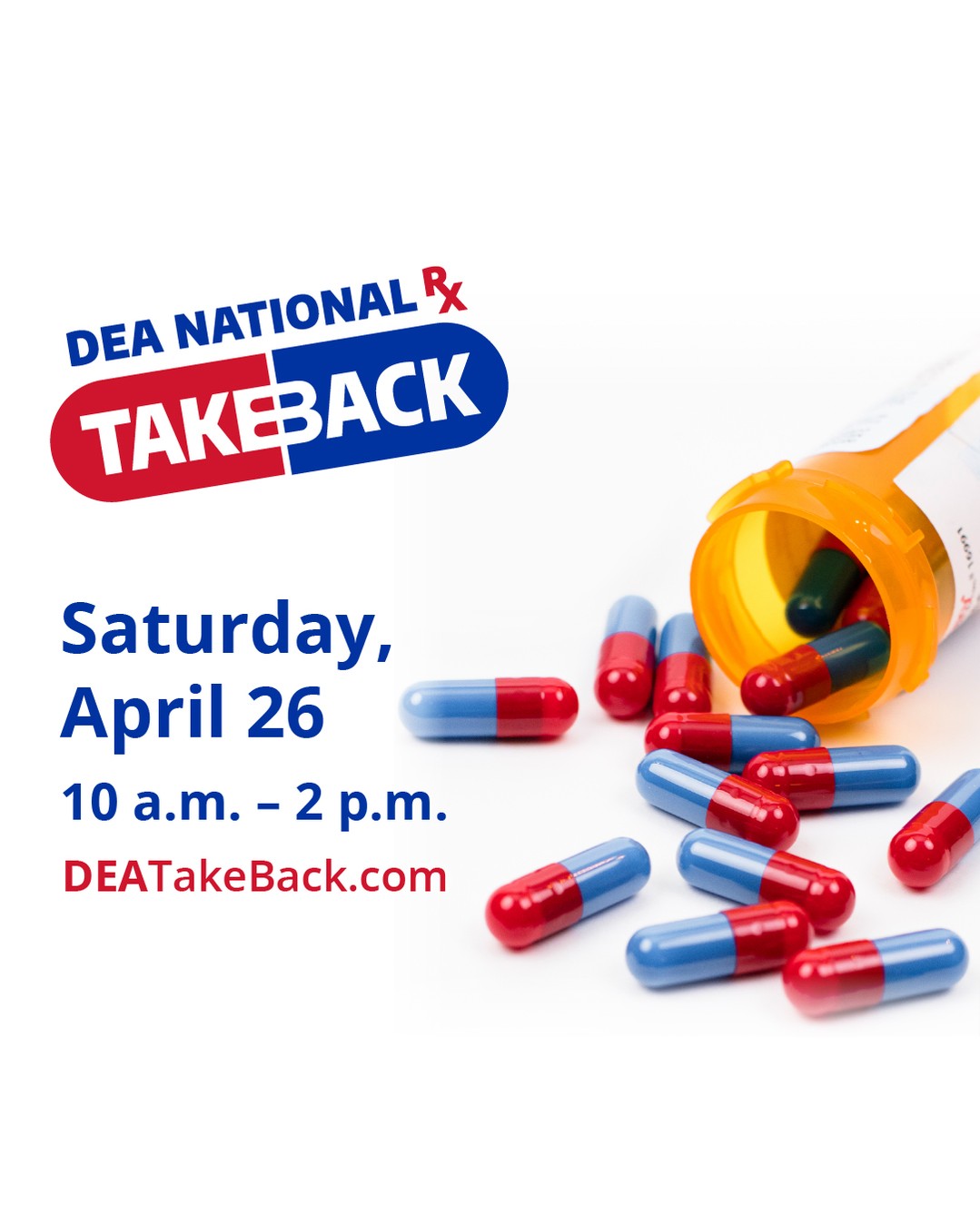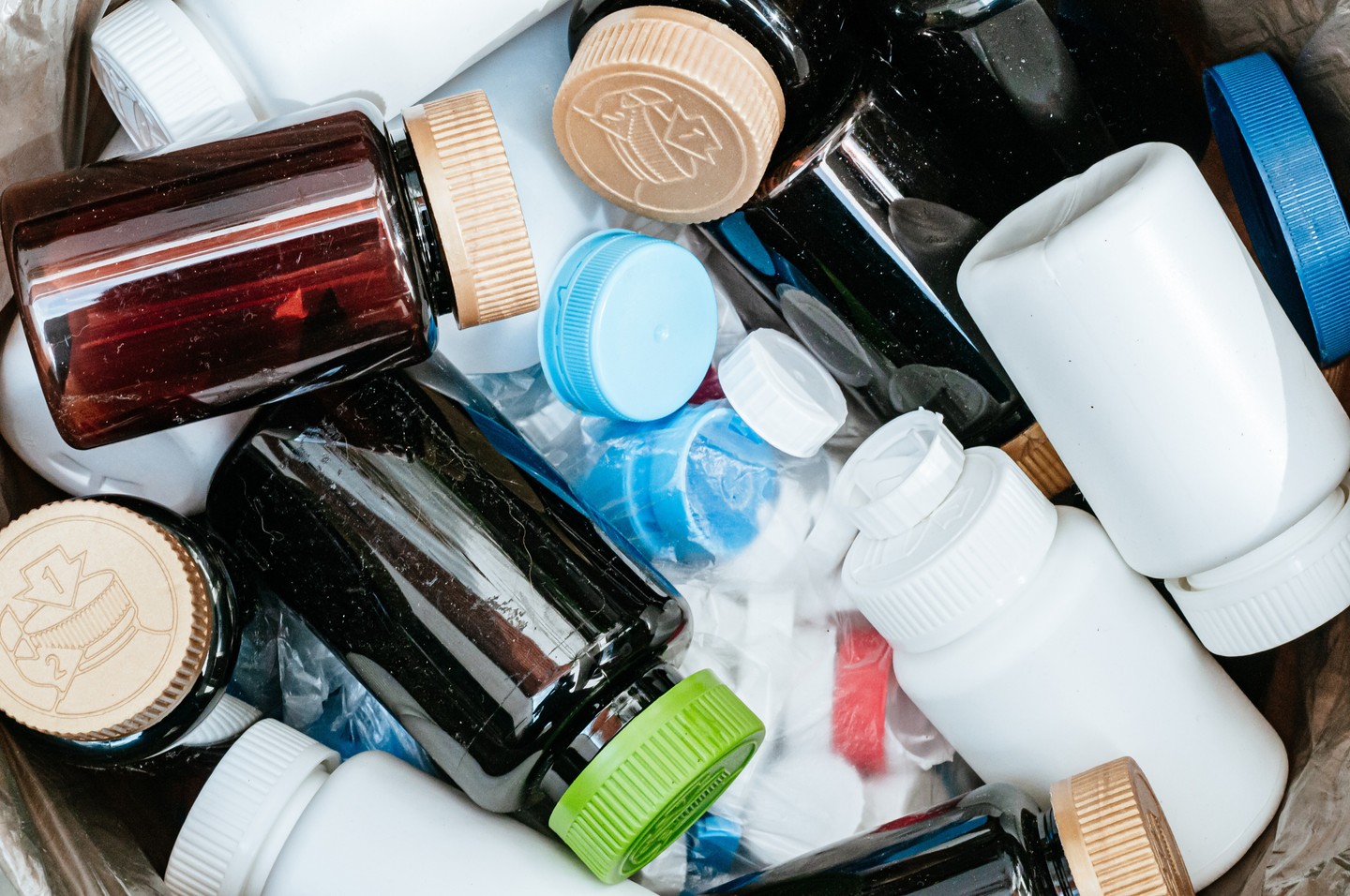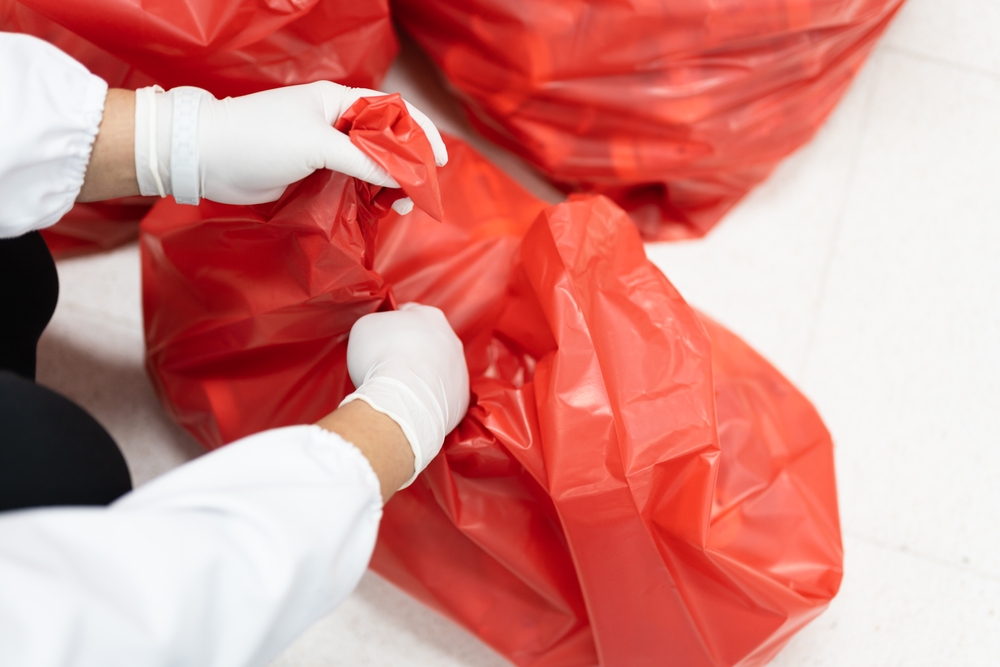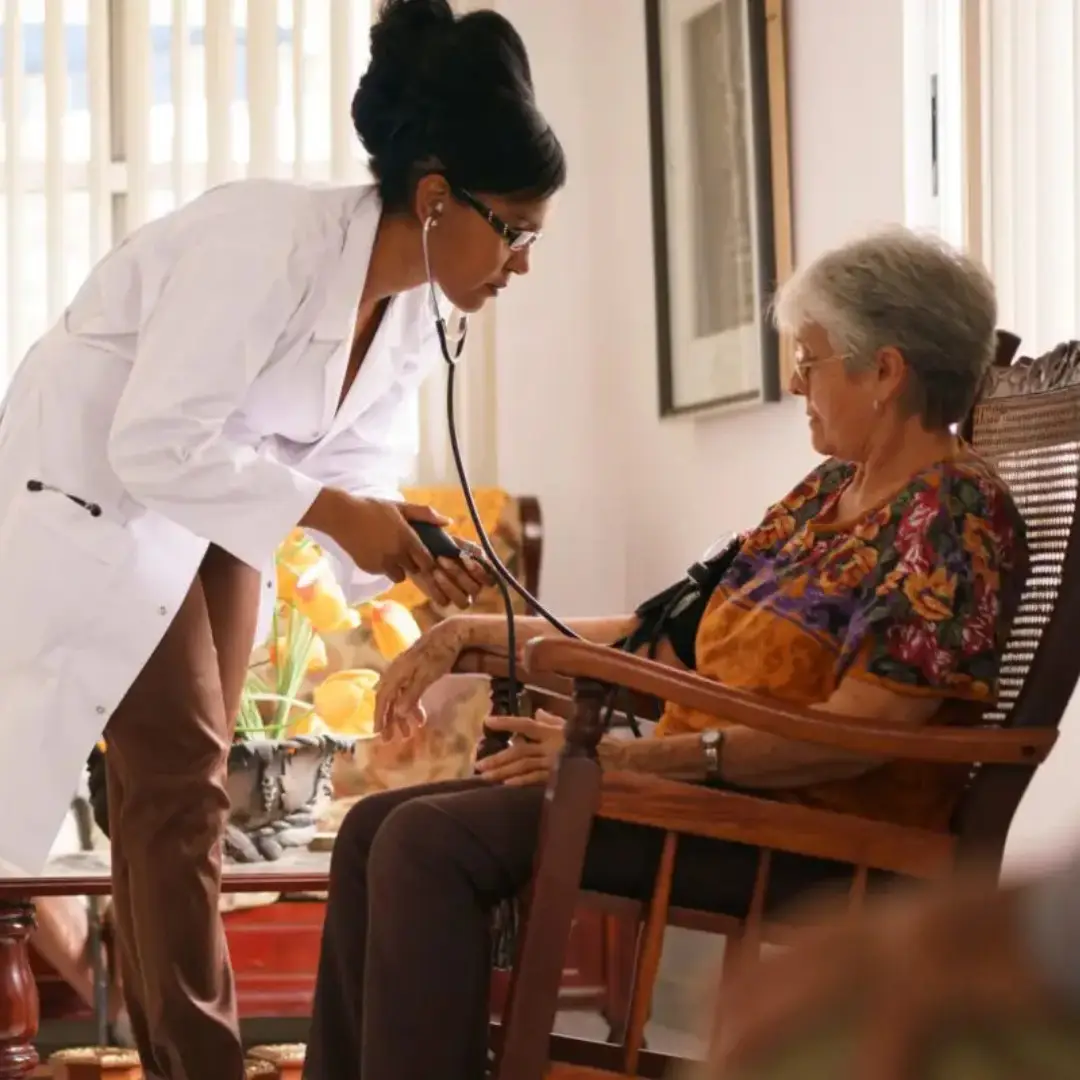As we sail through the digital age, a new frontier has emerged in the realm of environmental protection—the online sphere. This vast interconnected landscape has become an essential catalyst in propelling discussions about various environmental issues, and medical waste management sits at the forefront of these conversations. Given the tremendous environmental repercussions associated with mishandling medical waste, it is imperative to address this issue head-on. In this article, we will explore the intricate dynamics of […]
Read MoreArticles by Waste Medic
Why Is OSHA Still Pushing Emergency COVID Standards?
The COVID public health emergency ended in May, yet OSHA’s Emergency Temporary Standard for healthcare facilities continues. Most people are pleased to see the COVID health emergency in the rearview mirror, including the administration that ended the public health emergency on May 11. However, there’s one agency that believes we’re still at the outset of the COVID pandemic. Back on June 21, 2021, the U.S. Department of Labor’s Occupational Safety and Health Administration (OSHA) issued […]
Read MoreOSHA Wants Input on Protecting Health Care Workplace Violence
OSHA is requesting feedback as it considers developing a standard aimed at preventing workplace violence in the health care and social assistance industries. The agency is accepting until July 3 comments regarding a Small Business Regulatory Enforcement Fairness Act panel report on the potential standard, as well as other documents related to options OSHA is considering. The panel met multiple times from March 1 to May 1, discussing control measures and hazard assessments related to […]
Read MorePill Bottle Recycling Program Targets Pharmaceutical Plastic Waste
A new pill bottle recycling program aims to eliminate plastic waste generated by the pharmaceutical industry by offering customers a solution for disposing of empty pill bottles. The nationwide pill bottle recycling program comes from Cabinet Health and enables anyone in the United States to request a recycling bag with a prepaid shipping label to send their empty, plastic pill bottles for recycling or upcycling. The program comes at a time when numerous industries are […]
Read MoreRising Demand for Chemotherapy Containers: Ensuring Safe and Effective Treatment
The rising demand for chemotherapy containers reflects the increasing prevalence of cancer and the growing need for safe and effective treatment options. Chemotherapy is a crucial component of cancer therapy, and the containers used to store and administer chemotherapy drugs play a vital role in ensuring the safety and efficacy of the treatment. Here are some key considerations to ensure safe and effective treatment with chemotherapy containers: Container Design and Materials: Chemotherapy containers should be […]
Read MoreOSHA Compliance in the Workplace
Workplace health and safety are top of mind for employers, especially after a recent incident at a Mars factory, where workers fell into a vat of chocolate. To prevent such accidents, it’s important for businesses to incorporate Occupational Safety and Health Administration (OSHA) compliance into the DNA of company operations and management — and to work with brokers, insurers and consultants to handle complex situations. OSHA compliance is a critical organizational element and its management […]
Read MoreWhat We Can Do about Pharmaceutical Waste
The medicine is still perfectly good. Millions of uninsured or underinsured people need the drugs. Yet the pharmaceutical industry incinerates billions of dollars’ worth of unopened, unused, and unexpired drugs each year in America. This pharmaceutical waste leads to both economic and environmental challenges. The good news is the problems companies create when they destroy unused medicine aren’t difficult to solve. Pharmaceutical Waste Why is there so much waste in the system? There are several […]
Read MoreWhen Safety Precautions are Faithfully Followed, Sharps Injuries are Lower
Arlington, VA — Hospital units that consistently follow standard safety precautions experience nearly 40% fewer needlesticks and other sharps injuries than other units, a new study has found. According to the Association for Professionals in Infection Control and Epidemiology, around 385,000 sharps injuries – involving syringe needles, scalpel blades and other sharp objects that come into contact with body fluids – occur annually among the 5.6 million health care workers in the United States. Researchers […]
Read MoreFDA to Require Mail-Back Envelopes for Unused Opioids Disposal
The US Food and Drug Administration (FDA) has announced that opioid analgesics manufacturers are to be required to make pre-paid mail-back envelopes available to dispose of unused opioid analgesics. It issued a notice to all opioid analgesics manufacturers to submit the proposed modification to the Opioid Analgesic Risk Evaluation and Mitigation Strategy (OA REMS) within 180 days of the date of the notification letter. The regulatory authority expects to receive approval for the modified REMS […]
Read MoreHow Data Transparency in Hospitals Propels Safety Initiatives
Hospitals across the country eagerly await the release of The Leapfrog Group’s Safety Grades in the spring and fall each year. Leah Binder, president and CEO of the organization, spoke with Becker’s about why her organization’s A-F grades are important. “We believe our safety grade report has an enormous impact on accelerating change in hospitals,” she said, noting when hospital leaders look at these grades it “gives momentum to safety improvement efforts.” Once a hospital […]
Read More